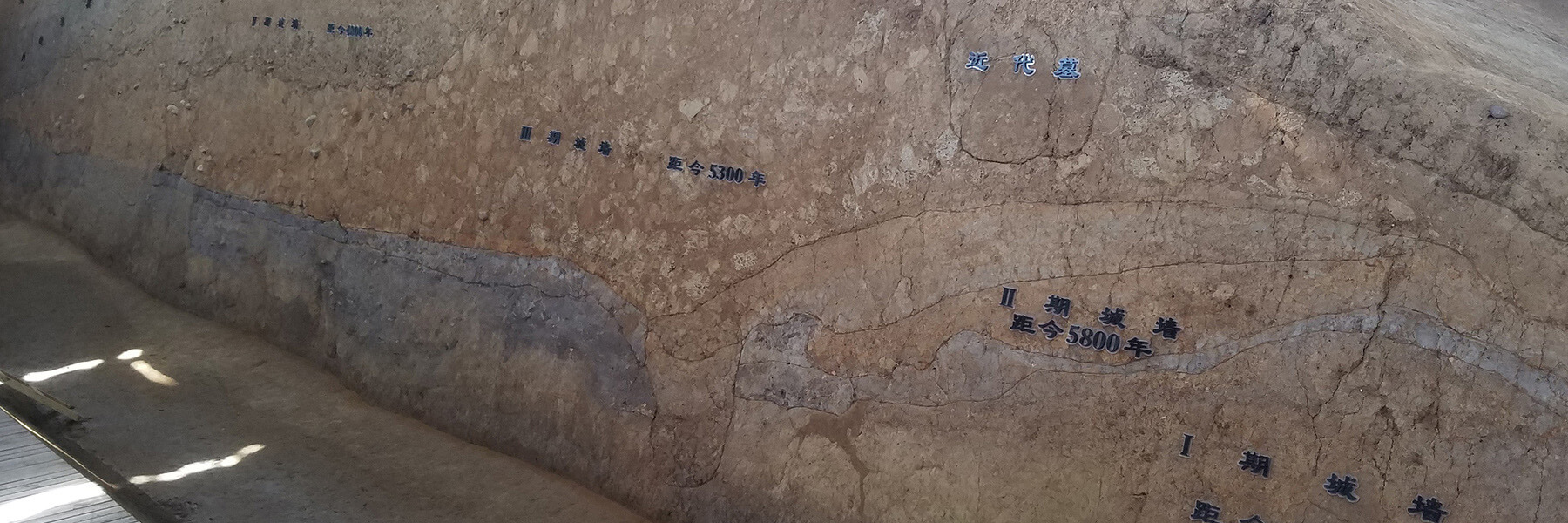Familiarity with unearthed materials has become the norm among scholars of early China across the world. The field has come to re‐examine narratives of early Chinese history in a more nuanced way, moving beyond questions of “doubting” or “verifying antiquity” to detail how the situation on the ground in early China related to its representation in traditional historical constructs. The fruits of this process are undeniable. Confronting entrenched historical narratives through archaeology, however, has widespread methodological and epistemological implications. Unquestioned, traditional narratives can distract scholars from the motivations of ancient actors; moreover, they can limit the broad humanistic value of early China scholarship and its reception outside the field. Unchecked, however, the incautious deconstruction of such narratives can cast pointless doubt on well-founded networks of knowledge. Further, deploying unearthed material in historiography brings the narratological habits of history into contact with the customs of field archaeology, raising both practical problems of data management and theoretical issues about the production of knowledge about the past.
With these issues in mind, the initiative “On Altars of Soil: Unearthing New Narratives of Early Chinese History” explores the method and theory of building and revising narratives (intellectual‐historical, social historical, and literary) with unearthed materials. Bringing together field archaeologists, textual specialists, and scholars whose work stands between those poles, the initiative strives toward a logical synthesis of diverse views about the relationship between received and unearthed sources, as well as about archaeology, its relationship to history, and its own narratological practices, that continue to drive the creation of new narratives about early China.


